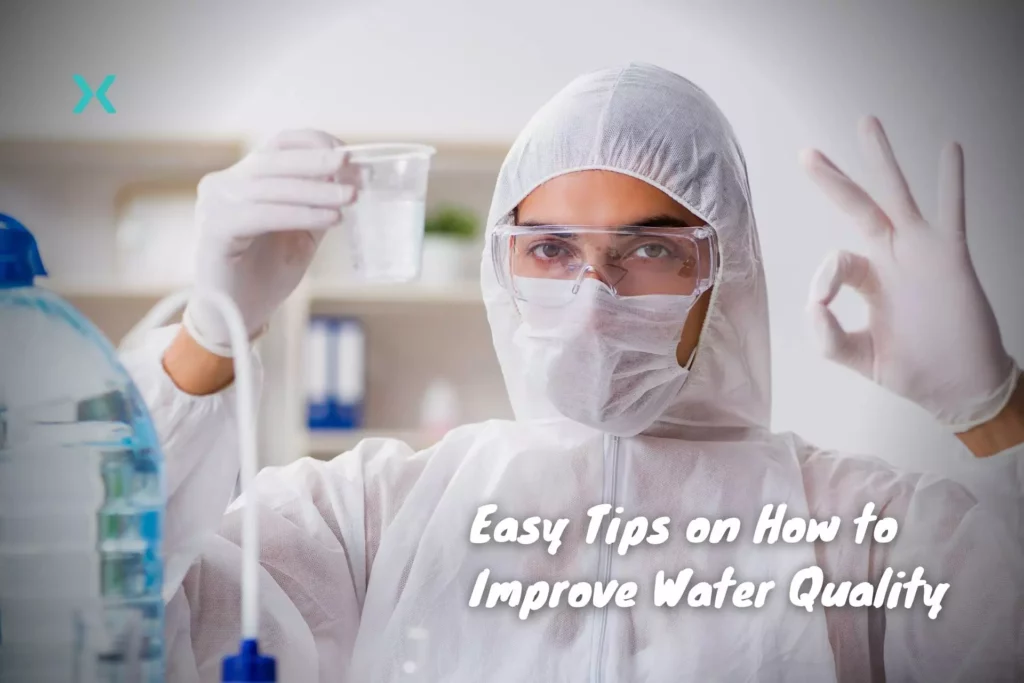💧 How to Improve Water Quality in Your Home
Are you concerned about the water quality of your drinking water? It is a common question these days, and for a good reason.
Drinking contaminated or dirty water can lead to many different health problems. In this blog post, we will talk about some tips for improving the quality of your home’s water.
Check out the list below on how to improve water quality in your home.
Table of Contents
💧 Add Water Filtration To Your Home
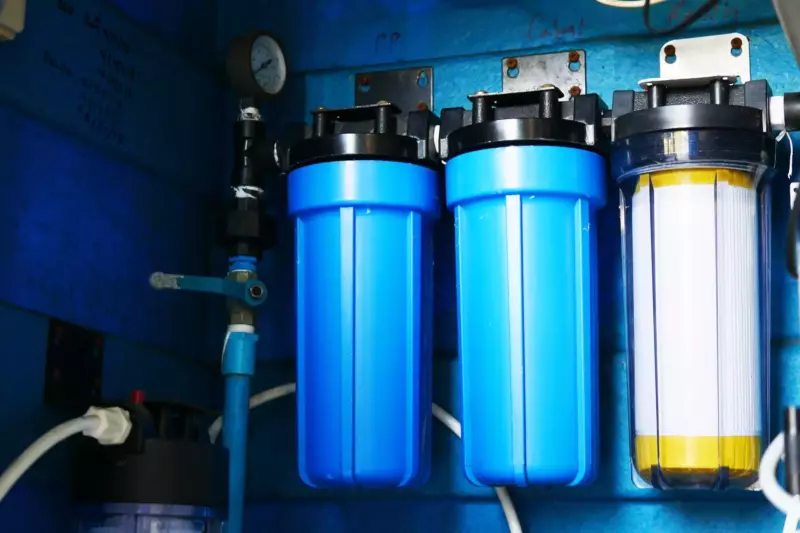
The most accessible and affordable way to improve your water quality is by using a water filter.
As stated by the team behind Water Filter Guru, water filters come in many different sizes, shapes, styles, and price points.
They are one of the best investments you can make for your health.
When choosing a drinking water filter, reverse osmosis is a great place to start.
Reverse osmosis is the process of separating high volumes of water and filtering it into two parts: clean drinking water, which goes back out, and hazardous waste products like chemicals or contaminants, which are flushed away.
This works by using a special membrane that only lets pure H20 through while blocking other particles that make up contaminated water.
💧 Use a Water Softener
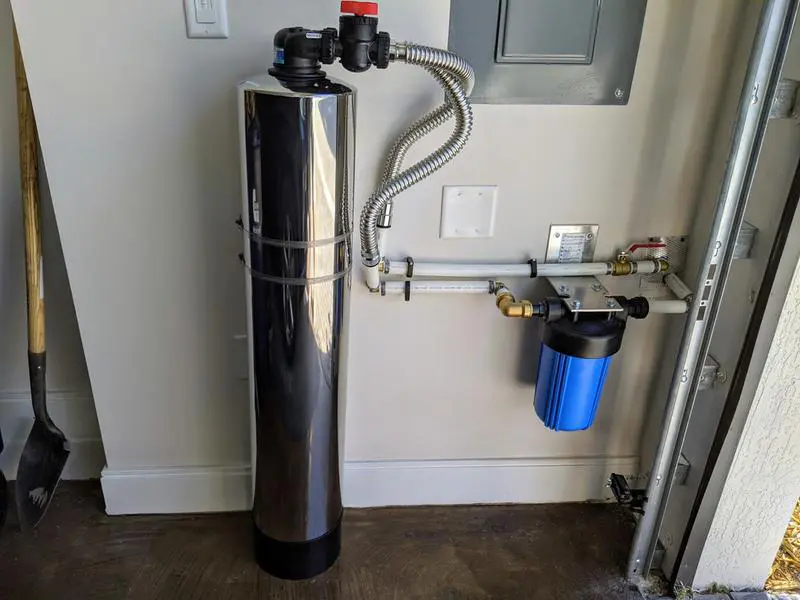
Using a water softener in your home can have numerous benefits.
Hard water, which contains high levels of minerals such as calcium and magnesium, can leave deposits on your appliances and fixtures, reducing their efficiency and lifespan.
Check the map below to identify if your area is susceptible to hard water.
These deposits can also affect the taste of your water and leave spots on dishes and glasses.
A water softener can help remove these minerals, improving the taste of your water and protecting your appliances and your plumbing system.
In addition, soft water can make it easier to create a lather when using soaps, detergents and shampoos.
This leads to more effective cleaning and will potentially save you money as you need less of the product to do its magic.
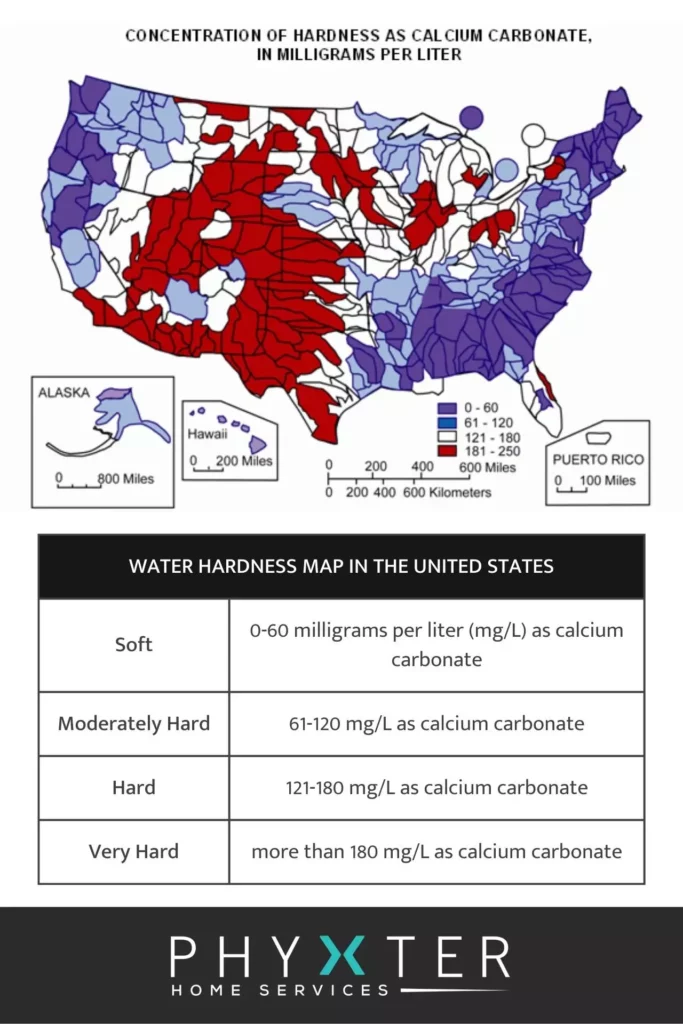
💧 Use Clean Water Aerators
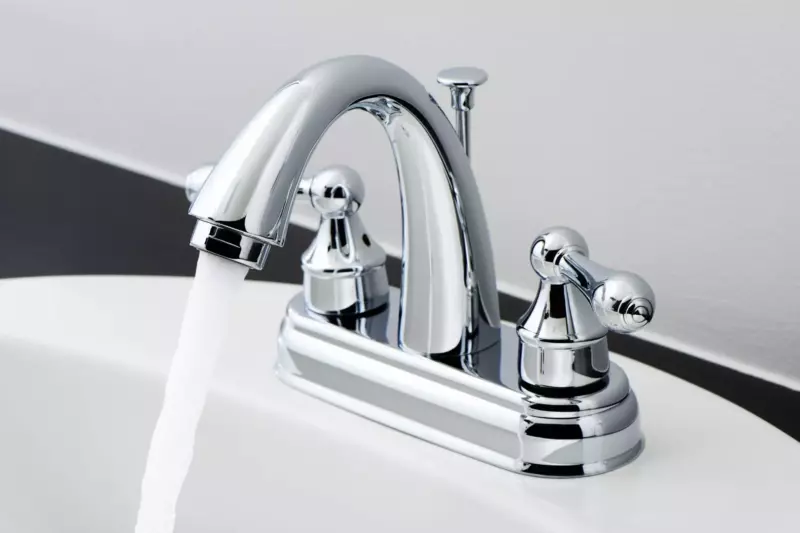
Another great way to improve water quality is by using clean water aerators.
An aerator helps break up and diffuse air into tap or faucet water, making it healthier for you to drink.
This will help reduce any problems that come with chlorine in the water supply, like bad taste and odors and health issues.
Like water filters, many different types of aerators are available on the market today.
You can find them at your local hardware store or online through websites like Amazon.
Ensure that the aerator you buy has a good rating and is highly reviewed since there are many different brands to choose from.
💧 Keep your Pipes and Other Fixtures Well Maintained
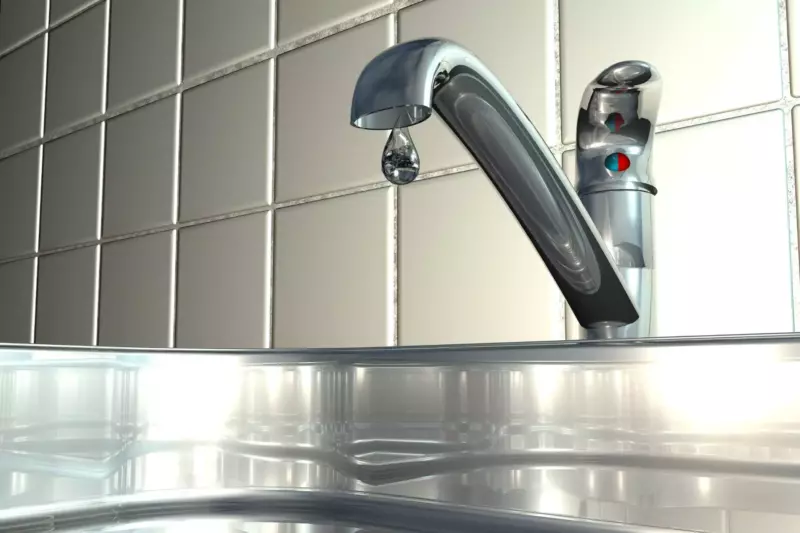
Your home’s piping system can also affect your water quality.
You should ensure that you keep any pipes or other plumbing fixtures well maintained for this purpose, including your water heater tank, tap faucets and dishwasher connections.
Any corrosion in metal components will lead to water contamination of the supply, so it is essential to clean them regularly.
Investing in some water pressure regulators is also a good idea, as this will help reduce the risk of any harm from high-pressure water.
With this, you are guaranteed to get clean, healthy water for drinking and other purposes.
💧 Properly Dispose of Hazardous Waste
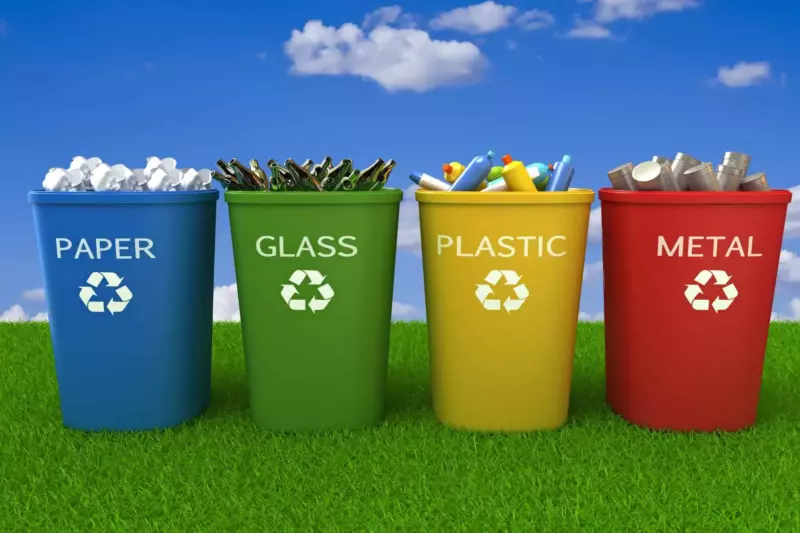
One thing to remember when improving potable water quality is properly disposing of hazardous waste.
This includes things like old paint, pesticides, motor oil, and other dangerous chemicals usually found around homes.
If you need help finding a way to dispose of these substances, then it would be best to contact the local government or the Environmental Protection Agency.
They will help you find a way to get rid of these harmful chemicals so that they are not affecting your water supply negatively.
Also, do not consume water that has been exposed to chemical waste.
💧 Keep Storm Drains Clear
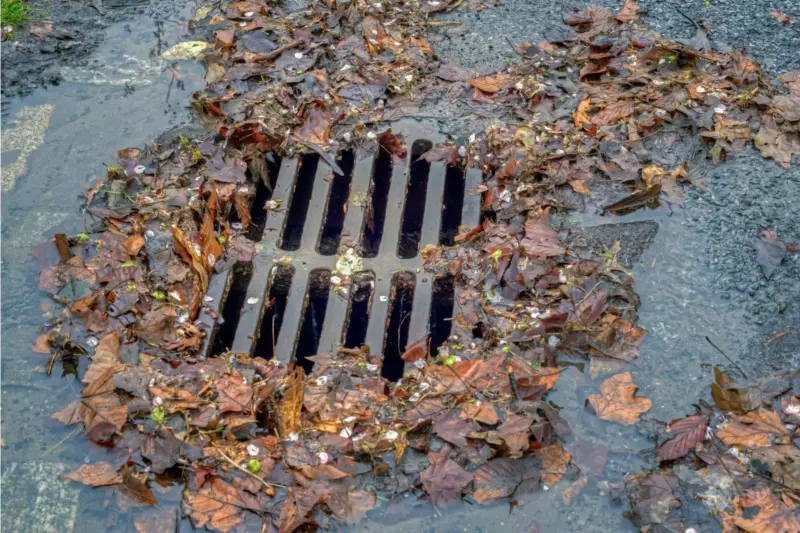
Storm drains are another essential factor to consider when improving your drinking water quality.
They should be kept clear and clean, as they can affect how well your sewer system runs, such as flushing out contaminants that could end up in rivers or other bodies of water, leading to the contamination of aquatic ecosystems.
Even if it is not a massive problem for you right now, things like household chemicals can end up in the water supply, which could cause problems later on.
If you would like to learn more about how storm drains work, it is good to speak with a knowledgeable professional.
💧 Maintain Septic Tanks
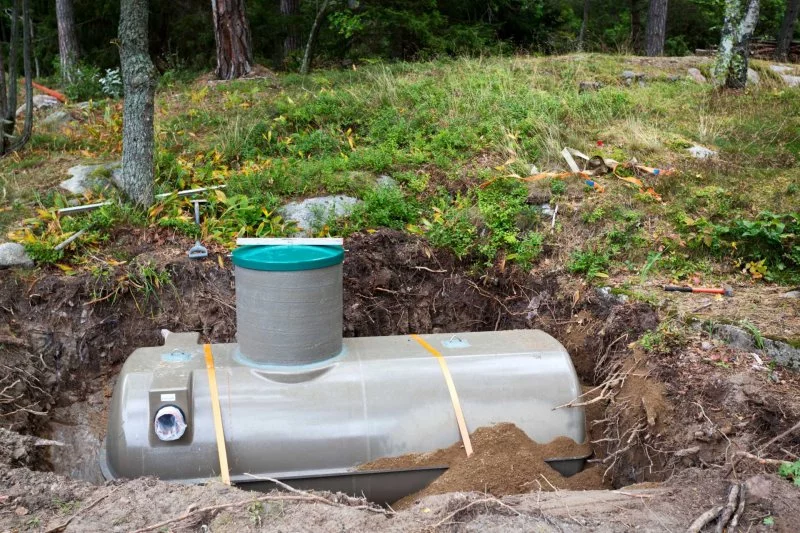
Septic tanks are also essential to consider when improving your water quality.
Over time, the sludge builds up in septic tanks, contaminating groundwater supplies and clogging your leach field if left alone for too long.
This is why it is highly recommended that you get a professional out at least once every three years to pump out the sludge.
You can also buy septic tank additives that help break up any nasty bacteria in these tanks, making them safer to use for household purposes.
💧 Always Boil Your Drinking Water If It’s Not Safe
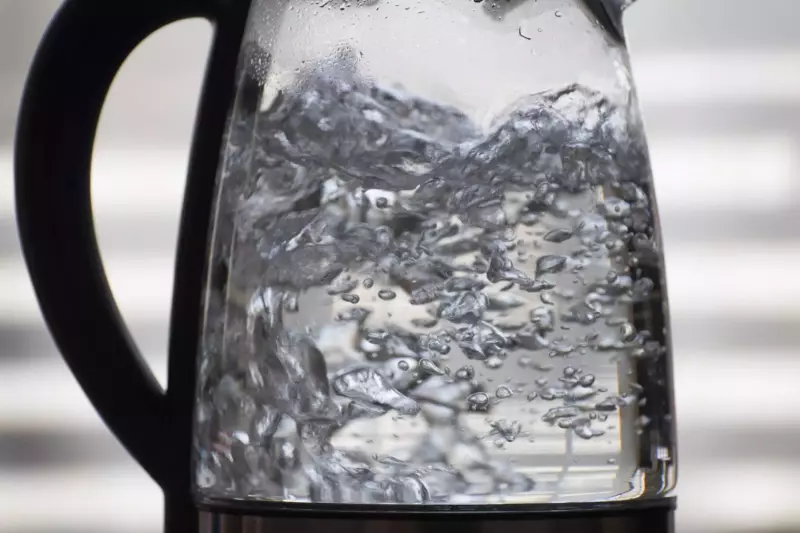
It is always a good idea to boil your drinking water before you consume it if your area has suspect water resources.
This will help kill harmful bacteria and other organisms in the water supply, which can cause serious issues for those with weaker immune systems or pregnant women.
If boiling your tap or faucet water seems like too much of a hassle, then you could always invest in some water purification tablets that you can use to treat smaller amounts of drinking water.
If you need something for outdoor activities like camping or hiking, this option will take more time than boiling the water on your kitchen stove.
💧 Do Not Use Hot Water For Cooking or Drinking.
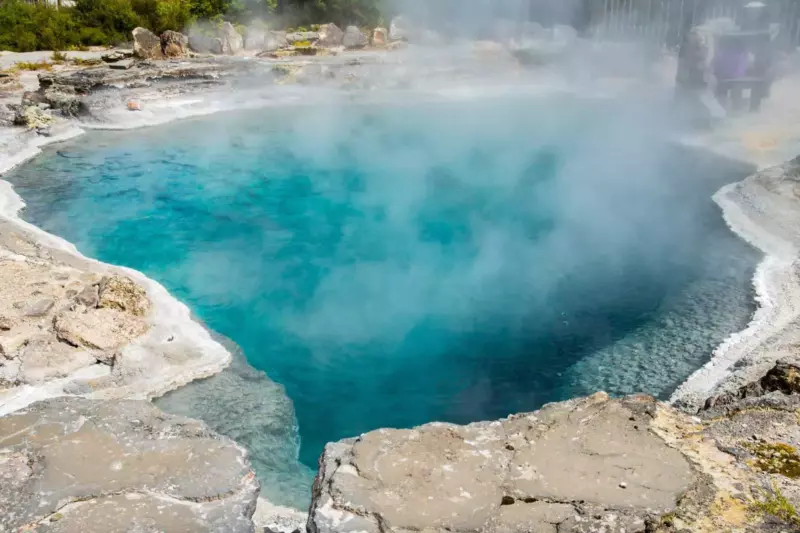
The last thing to keep in mind when improving the water quality is that you should not use hot water for cooking or drinking.
Hot water contains more contaminants than cold, increasing the risk of getting sick.
Hot water contamination occurs because contaminants dissolve more quickly in hot water than in cold water systems.
Metallic parts in hot water systems corrode faster, contaminating water with rust and other similar particles.
Another thing to keep in mind is that you should insulate any exposed water pipes.
This will reduce the risk of having your water exposed to extremely high temperatures, leading to human health issues later on.
If you are unsure how much insulation would work best for your home, speaking with an insulation professional is good.
Frequently Asked Questions
What are some common contaminants found in residential tap water?
Contaminants that may be found in tap water include bacteria, viruses, parasites, minerals, metals, and chemicals.
These contaminants can enter the water supply through natural sources, such as runoff from agricultural land or industrial waste, or through the aging infrastructure of water treatment plants and distribution networks in your local area.
Why is it important to improve the water quality in my home?
Ensuring that your tap water is clean and safe to drink is important for your health and the overall performance of your plumbing system.
Contaminants in your water can cause various health problems, including gastrointestinal illness, reproductive issues, and neurological disorders.
Additionally, hard water can damage your appliances and plumbing over time.
How can I test the water quality in my home?
You can purchase a home water testing kit or have a professional test your water to determine your local water quality.
Testing can help identify any contaminants that may be present in your water supply.
Final Thought on How to Improve Water Quality!

In conclusion, there are many things that you can do to improve the quality of your drinking water.
Remember to use the filters, keep storm drains clear, maintain your septic tanks, and boil water before drinking it if you think it’s contaminated.
Also, avoid using hot water for cooking or drinking as this can expose you to other contaminants than cold faucet-based water, which is safer.
These steps will improve your water quality and help you live healthier!
Want to learn more about your home’s plumbing system? Feel free to check out our other plumbing articles!
Related Reading: DIY Guide to 15 Common Plumbing Problems & Solutions

